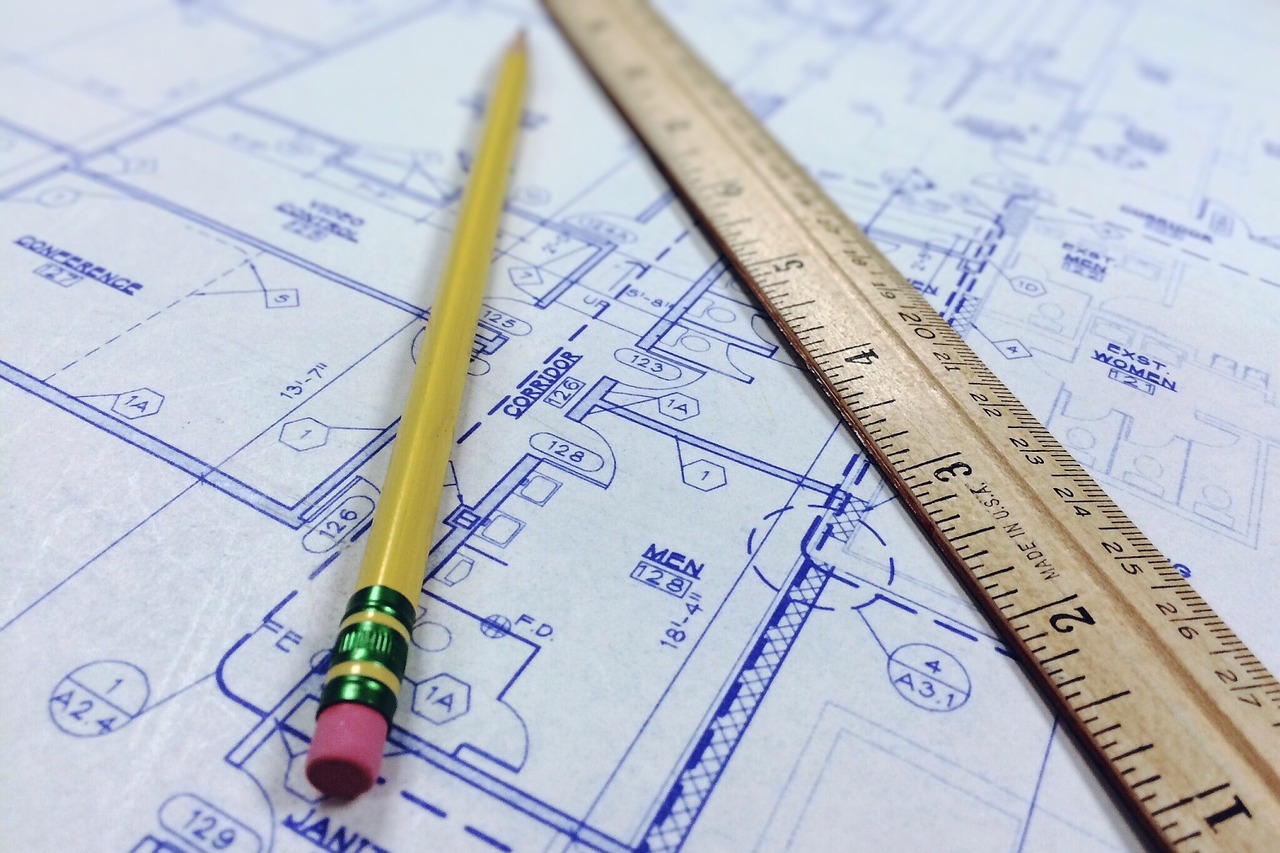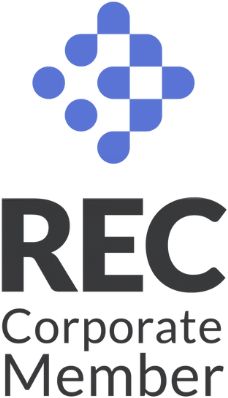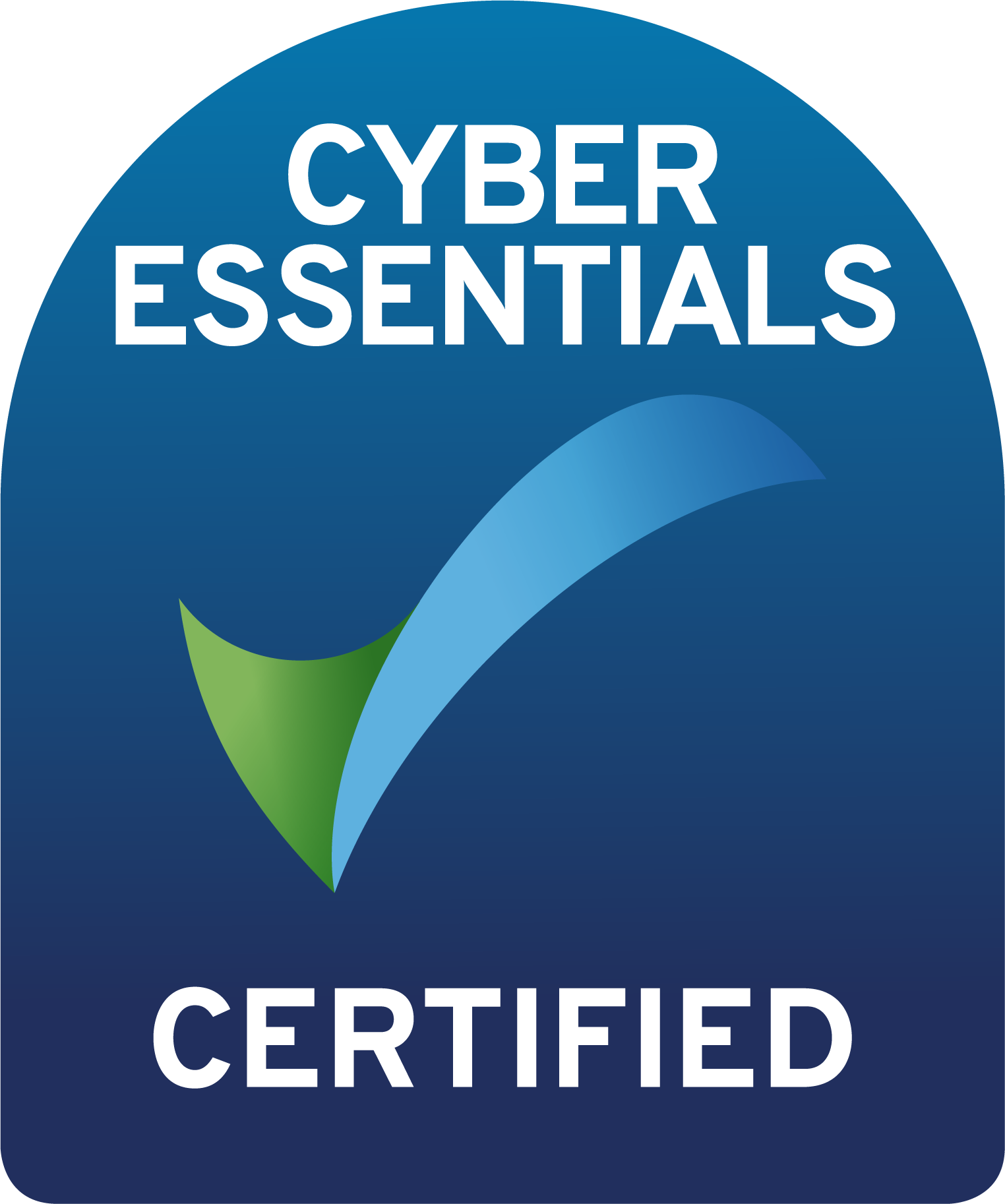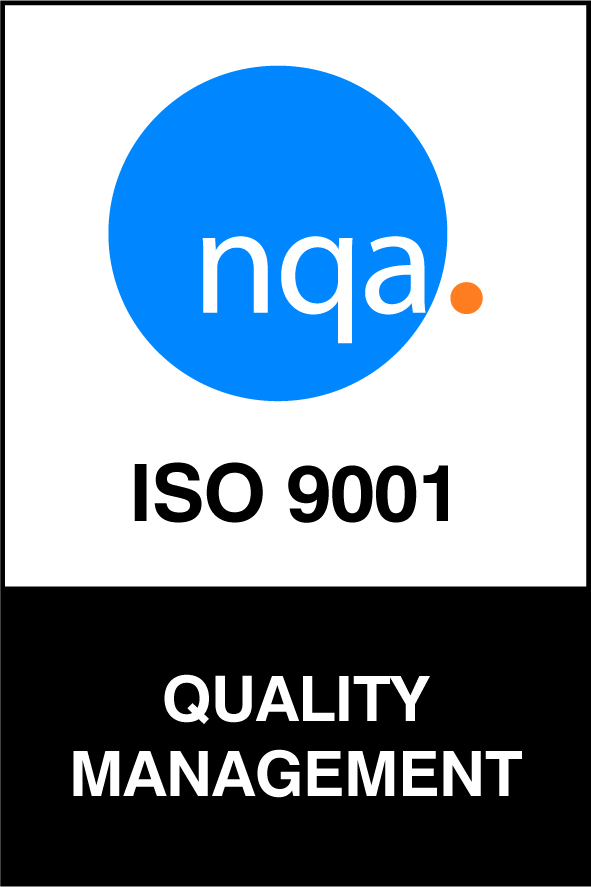CVs to Get You Hired Part II : 6 Insider Tips for Building Services Engineers
Last week's 'CVs to get you hired' went so well, we asked our building services engineering recruitment team to give you some specialist advice. Rob Jones and Simon Owen have come up with these six insider tips to really impress engineering employers.
 Rob Jones
Rob Jones
Built Environment, Building Services, M&E Consultant at Calibre Search
Linkedin
 Simon Owen FIRP
Simon Owen FIRP
Recruiter and Director, Calibre Search and Chairman, CIBSE Yorkshire
Linkedin
In our experience, mechanical, electrical building services engineers can struggle with writing CVs because they often have to balance two sets of skills: technical and transferrable. If you're a building services engineer and you're not sure how to make your experience relevant, or if you're a mechanical or electrical technician just looking to make the most impressive CV you can, we hope these tips can help you.
1. Stuck for details?
Here are a few ideas for some details beyond the typical engineering basics. If these are relevant to you, use them to flesh out your CV and impress employers:
- List project details such as the scheme name, overview of the whole brief and the value of the project. Include an overview of your own brief too, and if you can, any details of what your role was in achieving the end product.
- What can you design? What software can you use? Describe the software and systems that you are used to dealing with as well as the standards that you are working to.
- If you have had any involvement with training or mentoring other staff, business development or site supervision, mention this too.
- Try to think of anything you may have done to set you apart from other applicants. These are the CVs that really stand out to an engineering employer. Remember to keep it relevant to the job description.

2. Answer the question.
Think of your CV as an answer to the question: 'Are you the right person for this job?' This is the question that every employer has in their heads when they read your CV. Make sure every part of your CV says 'yes' to this question. What really matters to engineering employers is whether you are qualified for the job. Look at the job description for specific things they are asking for - think of this as another question to answer. If you've got the qualities the employer is looking for, tell them! You will miss out on opportunities unless you expand on 'I designed systems for buildings.' If you some but not all of the desirable qualities, it could still be worth applying - try to summarise transferrable skills that make your experience relevant. Examples of these could be 'communication with suppliers,' perhaps - or 'prioritisation.' If you're struggling to make your application relevant to the job description, step back and assess yourself honestly. If you don't have any relevant work history and your degree or any qualifications is not associated in any way, it's probably not worth applying.
If you need a few ideas, check out our list of electrical, mechanical and building services job descriptions here.
3. Include a personal profile.
Your personal profile should be a well written 'snapshot' of your career to date. Include in this your current role, the next steps you plan to take and how your previous experience makes you the right person for the job. It's worth investing time on this summary, because it could be your only chance to grab the employer's attention. Whether from agencies or employers, many recruiters won't necessarily use a CV management system that will display your covering letter - it's important, therefore, to say in your profile why you are applying for the role. If your specific objective is relocation, for example, but you don't mention this explicitly in your CV, you could be dismissed when they see your address is out of commuting range.
Do note, however, that some engineering companies - especially those that are smaller - prefer a CV with a covering letter, so make sure you write one just to be safe.

4. Keep it professional.
It's understandable to want to inject some personality into your CV. After all, you want to stand out amongst the other applicants. It's best to think of a CV as a business document, like a company report. It goes without saying that fonts such as Comic Sans or any fancy scripts are inappropriate. However, with more and more CVs being uploaded and read online, choose a sans serif font such as Ariel, Atom or Tahoma over a serif font like Times New Roman. This makes it easier for the employer to read all of your achievements and experience.
If your employer is impressed with your CV, they are likely to check you out online before taking the process any further. If you have anything inappropriate on Facebook, update your privacy settings so it can't be seen. Likewise, make sure your Linkedin photo and profile are professional and give off a good impression.
5. Qualified for the job.
Anything that might make you stand out in a sea of engineering candidates is good news to a potential employer. It's really important that you mention any study you've undertaken, or involvement at all in professional groups such as CIBSE, FBE etc. Do you have any memberships? If so, say your level of membership - how far from Chartership are you? All of these details are interesting to employers.
If you're a graduate, as a minimum you should include your degree title, grade and institution as well as a small summary of your dissertation or final year project - we always suggest three lines as a good amount to aim for with this summary. If your degree was technical but not exactly similar to the job you're applying for - for example if you studied electronics - you should explain the similarities and how your knowledge of this particular subject qualifies you for the job. It could be useful to the employer to describe any specific modules that you think are relevant to the job description. Remember, you're trying to convince the reader that you are the perfect fit for the job - so, while qualifications are an excellent way to do this, don't stray too far from the specifications listed in the job description.
6. Still stuck?
Don't worry. The art of CV writing is a tricky one. Our specialist built environment consultants are experts when it comes to writing a great CV, and we're just on the other end of the phone - you can phone us on 01132346047. Find details on how to contact us here - or if you like, just drop us a quick email. We'd be happy to help - we can offer advice and even professionally format your CV for you.










